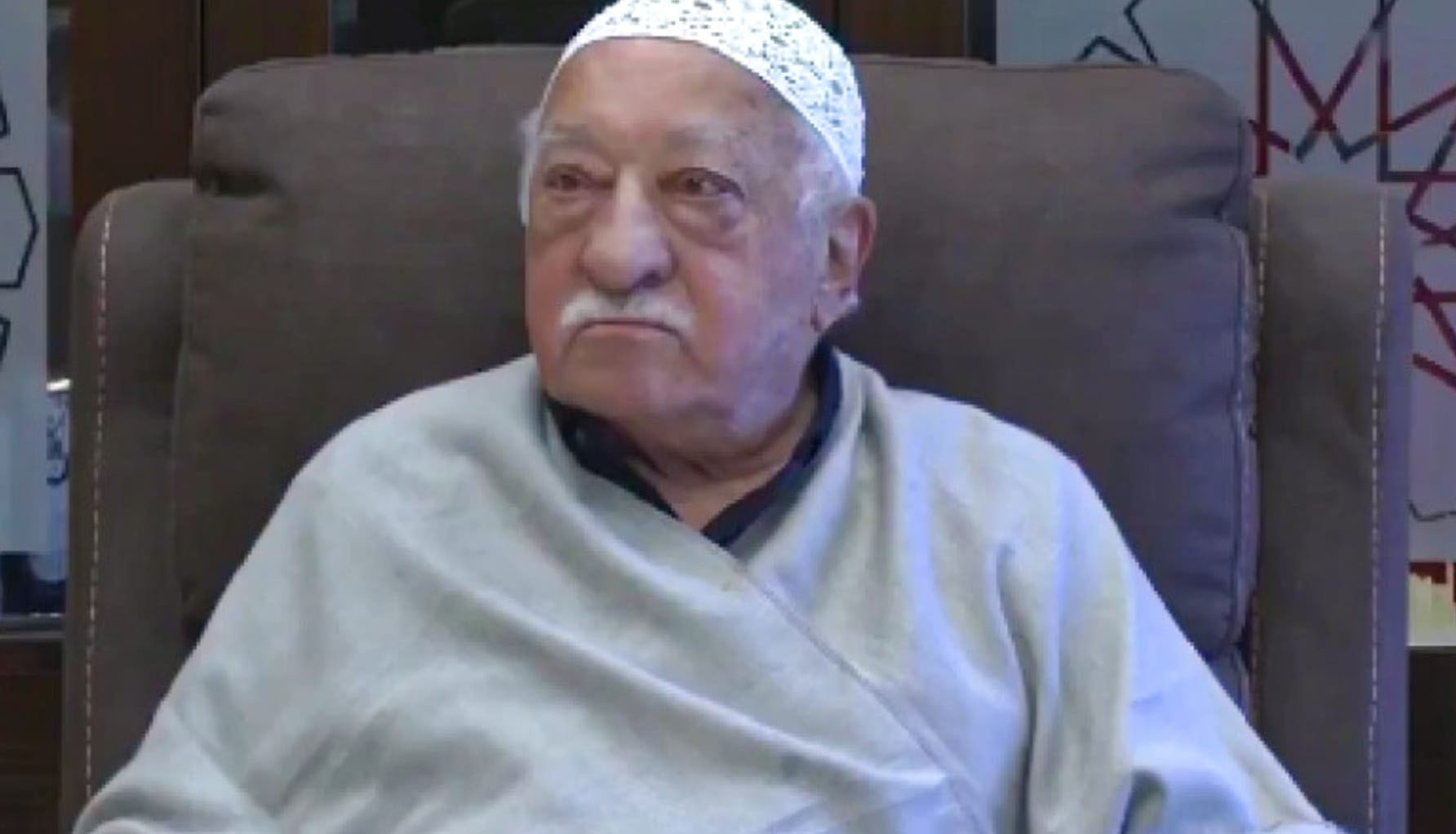
Photo Credit: Getty Images
Fethullah Gulen, the influential Turkish cleric who Turkey accused of orchestrating the 2016 failed coup attempt, died Sunday evening in a Pennsylvania hospital, according to Herkul, the website that published his sermons. He was 83.
Turkish Foreign Minister Hakan Fidan confirmed the death, characterizing Gulen as the leader of a "dark organisation" and vowing that Turkey's anti-terrorism efforts would continue unabated. "Our nation's determination in the fight against terrorism will continue, and this news of his death will never lead us to complacency," the minister stated to a press conference.
Born to an imam in Turkey's eastern Erzurum province in 1941, Gulen built a global educational movement known as "Hizmet" (service), which established schools across Turkey and internationally. The movement promoted what its followers described as a moderate interpretation of Islam emphasizing Western-style education and interfaith dialogue.
The relationship between Gulen and Turkish President Recep Tayyip Erdogan, once allies, deteriorated dramatically in 2013 following corruption investigations targeting Erdogan's inner circle. The breaking point came in July 2016, when Turkey accused Gulen of masterminding a coup attempt that left 250 people dead as rogue military elements deployed warplanes, tanks, and helicopters in a failed bid to seize power.
Following the coup attempt, Turkish authorities launched an unprecedented crackdown on suspected Gulen supporters. According to official reports, 77,000 individuals were arrested, and 150,000 state workers, including teachers, judges, and military staff, were suspended during the state of emergency
Gulen, who had lived in self-imposed exile in Pennsylvania since 1999, consistently denied involvement in the coup. "As someone who suffered under multiple military coups during the past five decades, it is especially insulting to be accused of having any link to such an attempt," the man stated in 2016.
His movement's influence extended far beyond Turkey's borders through a network of schools in Central Asia, the Balkans, Africa, and the West. However, Turkish pressure led many countries to close these institutions following the failed coup.
Despite repeated Turkish requests for his extradition, Gulen remained in the United States until his death. In his final years, he maintained a secluded existence at his compound in Pennsylvania's Pocono Mountains, where he continued to lead his movement while battling health issues.
His death marks the end of a chapter in Turkish politics, though the movement he founded continues to face ongoing scrutiny from Turkish authorities, who have designated it as a terrorist organization.
















